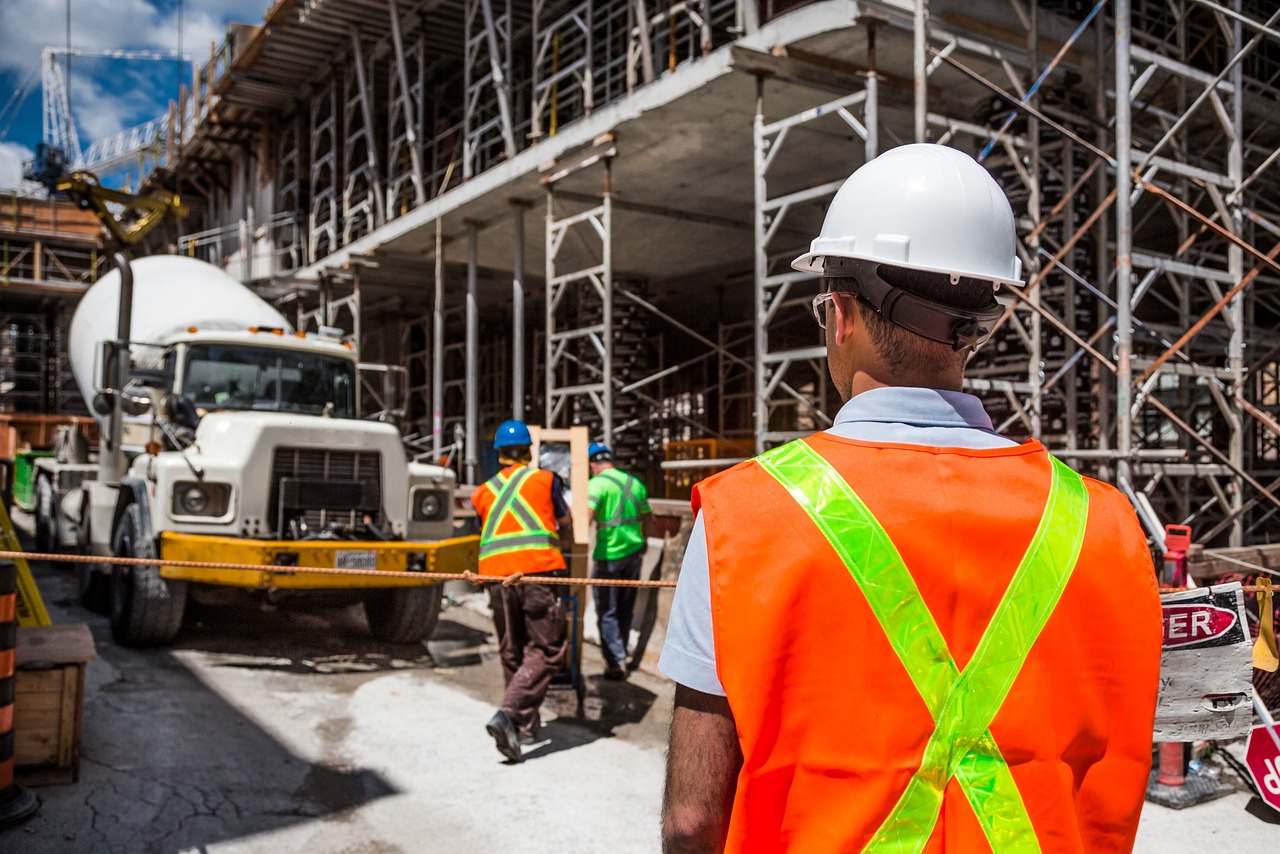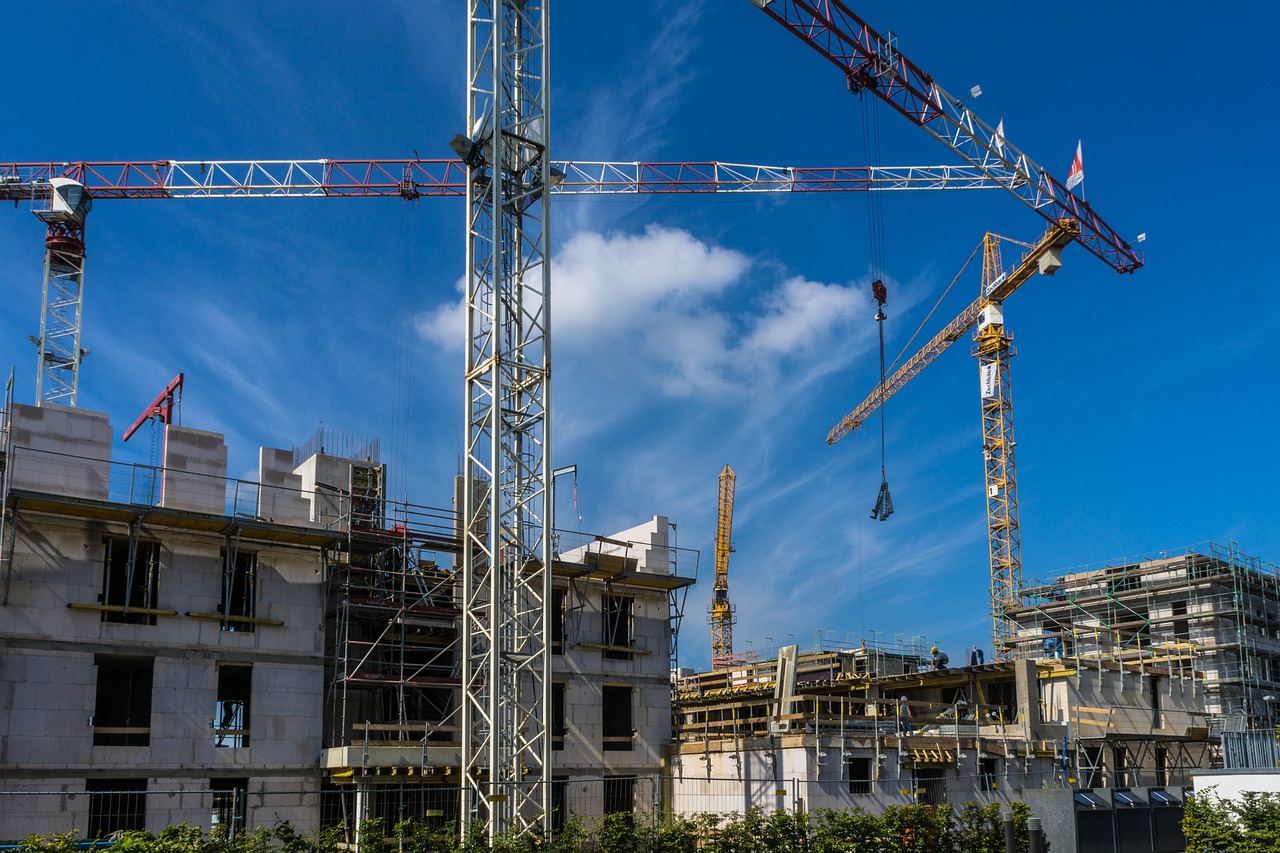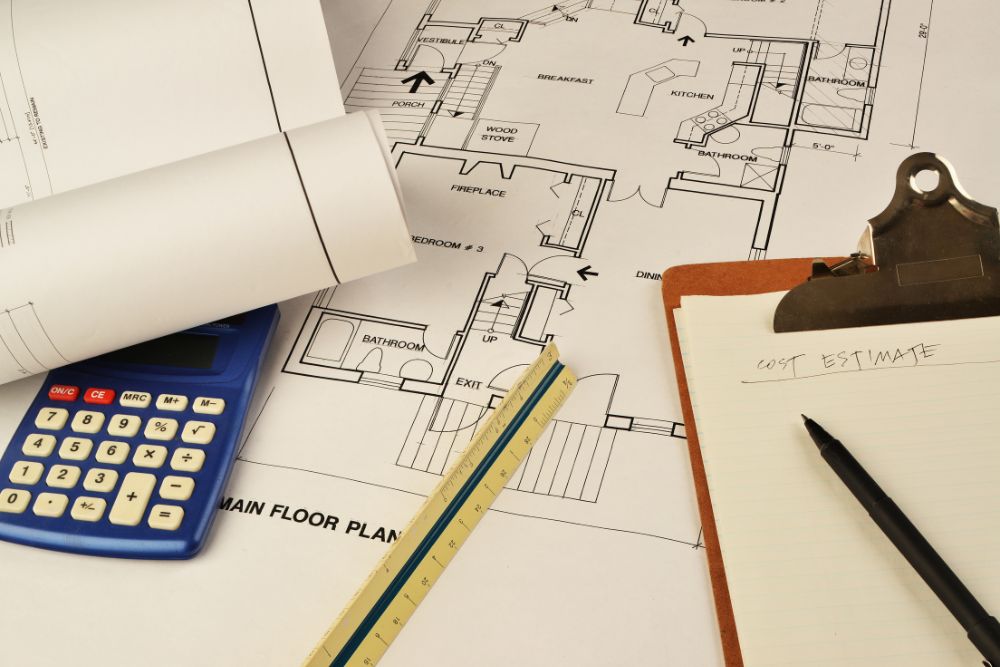Many construction companies struggle to keep projects on schedule and within budget. With so many tasks, teams, and materials to manage, it’s easy to lose control over the project’s direction.
When updates aren’t tracked properly, small delays can turn into bigger problems, causing missed deadlines, budget overruns, and poor communication across the team. These issues can affect client satisfaction and overall project success.
That’s where progress tracking in construction becomes essential. It allows contractors to monitor work performance, timelines, and costs in real time. With the right tools, project managers can identify issues early, make quick decisions, and ensure smooth project delivery.
In this blog, we will explain why progress tracking is important for construction companies and how Prime Estimation helps simplify this process for accurate and efficient project management.
What Is Progress Tracking in Construction?
Progress tracking in construction means keeping an eye on how a project is moving compared to its plan for time, cost, and scope. It helps project managers see if the work is on track or if there are any delays.
This process includes checking daily work, labor performance, material use, and costs to make sure everything is going as planned. It gives construction companies a clear picture of project progress at every stage.
Tools like site reports, Gantt charts, scheduling software, and digital dashboards make tracking easier. They offer real-time updates, accurate records, and better communication between office and site teams.
With proper progress tracking, companies can stay organized, avoid risks, and deliver projects successfully.
Why Progress Tracking Matters in Construction Projects
Progress tracking plays an important role in improving the performance and results of a construction project. It helps contractors, project managers, and clients stay informed and make better decisions at every stage. Here are some key reasons why progress tracking matters:
1. Ensures Timely Completion
Every construction project has an estimated completion date. Tracking progress helps determine whether the project is moving according to schedule. If any delay appears, managers can take quick action to keep the work on time and meet deadlines.
2. Maintains the Right Work Pace
The speed of work directly affects project completion. Progress tracking helps analyze if the work pace is fast enough or if adjustments are needed. This ensures smooth progress without unnecessary slowdowns.
3. Reduces Material Wastage
Construction often involves material waste. Without proper tracking, this waste can cause major budget issues. By monitoring progress, contractors can identify how much material has been used, how much is wasted, and what needs replenishing, preventing unnecessary costs.
4. Helps with Accurate Material Acquisition
When materials need to be replaced or added, progress tracking provides exact details of what’s required. This avoids overbuying and keeps the budget under control. Using construction takeoff services along with progress tracking makes material management even more precise.
5. Supports Inventory Management
Inventory plays a big role in keeping projects running smoothly. Tracking helps maintain updated inventory records and ensures that the right materials are always available. It prevents shortages or excess storage, saving both time and cost.
6. Makes Adjustments Easier
Construction projects often face design or scope changes. Progress tracking helps teams understand the current project status, making it easier to adjust plans and minimize losses in time, money, or effort.
7. Keeps the Budget on Track
Budget management becomes simpler when progress is monitored regularly. Tracking helps contractors spot potential overspending early and make corrections. It also supports cost control through efficient material use and inventory management.
8. Improves Labor Management
Managing labor effectively is key to progress. Tracking helps determine when work is ahead or behind schedule, making it easier to plan shifts and breaks for workers while maintaining productivity and safety.
9. Ensures Smooth Payment Schedules
In many projects, payments are linked to work completion milestones. Accurate progress tracking provides clear proof of completed work, making payment approvals faster and more transparent for both contractors and clients.
Key Components of Effective Progress Tracking
For progress tracking in construction to be effective, it needs a simple and organized system. Each part of the tracking process helps project managers stay updated, avoid delays, and manage the work more efficiently.
1. Baseline Schedule
A baseline schedule is the original project plan. It shows when each phase should start and finish. By comparing actual progress with this plan, managers can see if the project is on time or behind.
2. Daily Progress Reports
Daily reports are one of the most useful construction progress tracking tools. They record what work was done, how much material was used, and how many workers were on-site. This helps managers quickly identify and solve problems.
3. Performance Metrics
Performance metrics, such as productivity rate or completion percentage, show how well the project is performing. Tracking these numbers helps improve efficiency and control costs.
4. Visual Tracking Tools
Charts, dashboards, and digital timelines make it easy to understand the project’s progress at a glance. These visual tools help everyone involved stay informed and on the same page.
5. Communication and Documentation
Good communication and proper record-keeping are essential for strong construction project management. Clear reports and updated documents keep the team organized and help in making better decisions.
 Common Challenges in Tracking Construction Progress
Common Challenges in Tracking Construction Progress
Even with good planning, progress tracking in construction can be difficult. Many projects face issues that make it hard to track work accurately. Knowing these challenges helps contractors improve their processes and avoid mistakes.
- Inaccurate Data: Sometimes, the information collected from the site is incomplete or wrong. This makes it hard to see the real progress and can lead to poor decisions.
- Weak Communication: Construction projects involve many teams. If they don’t share updates properly, it causes confusion, delays, and missed details.
- No Standard Reporting: When every team reports progress in a different way, it becomes difficult to compare results and see the full picture of the project.
- Manual Tracking: Using paper or spreadsheets for tracking takes a lot of time and can lead to errors. Digital construction progress tracking tools make the job faster and more accurate.
- Slow Information Sharing: If updates from the site reach the office late, managers can’t respond quickly. Fast communication is key to effective construction project management.
How Construction Estimating and Management Software Helps
Tracking progress in construction becomes much easier with the help of construction estimating and management software. This software helps contractors plan, monitor, and manage every part of a project from start to finish.
It allows real-time tracking, so managers can see how much work is done and what still needs to be completed. If there are any delays, they can spot them early and fix the issue quickly.
All project details, like estimates, material lists, and daily updates, are stored in one place. This makes it easy for everyone to find the right information and avoid mistakes.
The software also improves teamwork. Site workers and office staff can share updates instantly, which keeps everyone on the same page and helps the project run smoothly.
By using construction estimating software for progress tracking, contractors can save time, control costs, and deliver projects on schedule. It’s an effective way to manage both the budget and the workflow more efficiently.
How Prime Estimation Supports Effective Progress Tracking?
At Prime Estimation, we help contractors and project managers stay in control of their projects. Our accurate takeoffs and cost estimates make it easier to track progress, manage budgets, and stay on schedule.
We use advanced construction estimating software to plan and monitor every project stage. By comparing our estimates with on-site progress, you can quickly spot delays, manage materials, and adjust timelines when needed.
Our team provides clear and simple reports that make decision-making easier. With Prime Estimation, you get reliable support to improve accuracy, save time, and complete your projects successfully.
FAQs
What is Progress Monitoring in Construction?
Progress monitoring in construction means regularly checking how much work is done compared to the plan. It helps ensure the project stays on schedule, within budget, and meets quality standards.
Why is Material Tracking Important in Construction Work?
Material tracking helps control inventory, reduce waste, and avoid delays. It ensures the right materials are available when needed, keeping the project running smoothly and cost-efficiently.
What is the Best Way to Track Project Progress?
The best way to track project progress is by using construction management software. It allows real-time updates, accurate reporting, and better communication among teams on-site and in the office.
Why is Tracking and Measuring Important?
Tracking and measuring are important because they show how well a project is performing. They help identify issues early, control costs, and keep work on time and within scope.
What Tools Can be used for Monitoring Project Progress?
Tools like construction estimating software, project management platforms, and scheduling apps (like Procore, Buildertrend, or PlanSwift) help monitor progress, track materials, and manage project timelines effectively.
Conclusion
Progress tracking is very important for keeping construction projects on time, within budget, and up to quality standards. It helps contractors and project managers see how work is going, find problems early, and make quick adjustments to stay on track.
Using construction estimating and management software makes tracking much easier and more accurate. It keeps all project information in one place, improves communication between teams, and helps control materials, labor, and costs effectively.
At Prime Estimation, we provide accurate estimating services that make project tracking simple and reliable. Our team helps you manage progress, avoid delays, and complete projects successfully.
Contact us today to see how we can support your construction progress tracking and help you achieve better results.


 Common Challenges in Tracking Construction Progress
Common Challenges in Tracking Construction Progress









